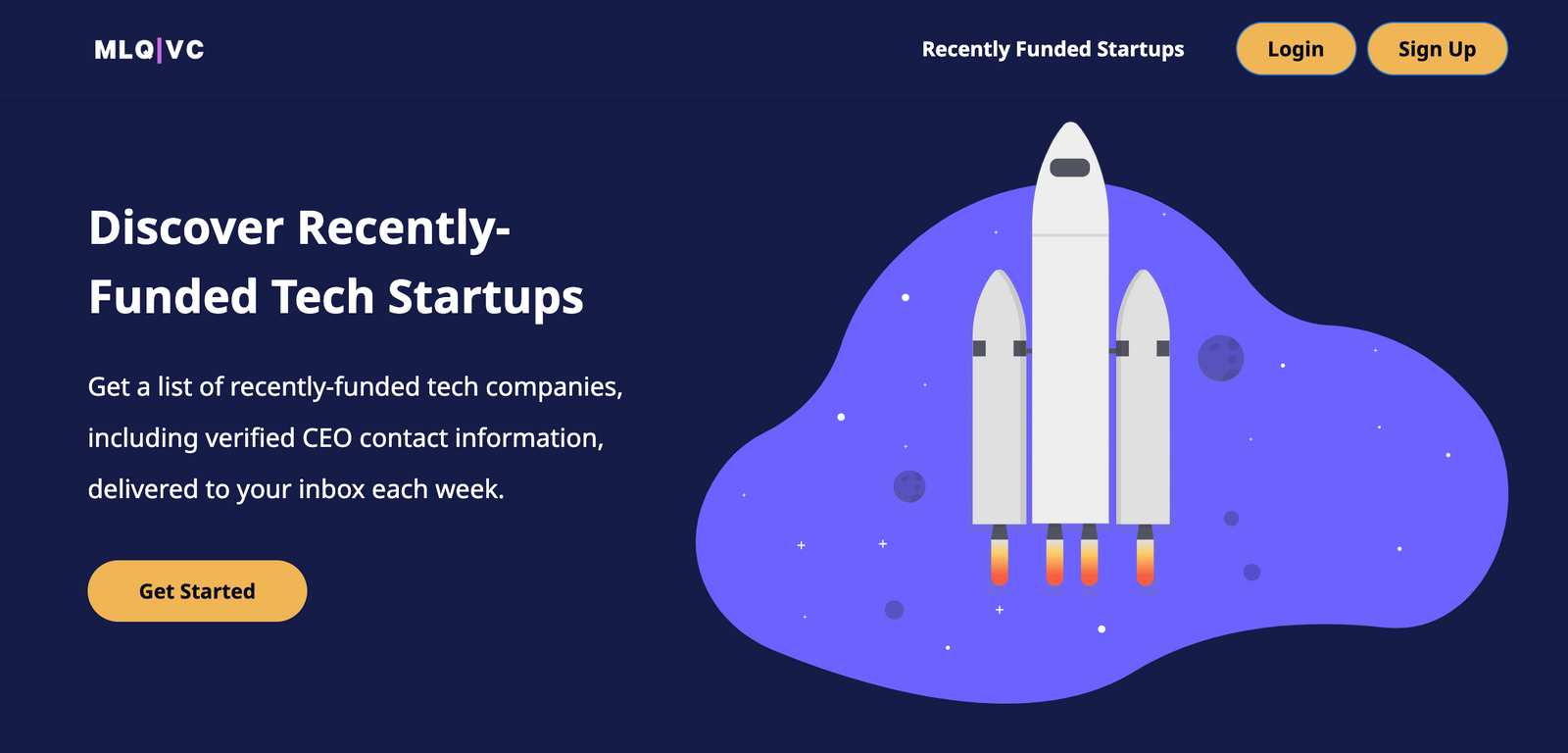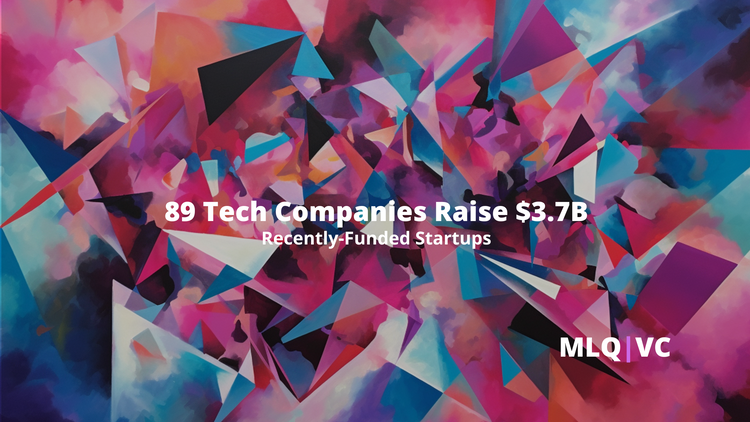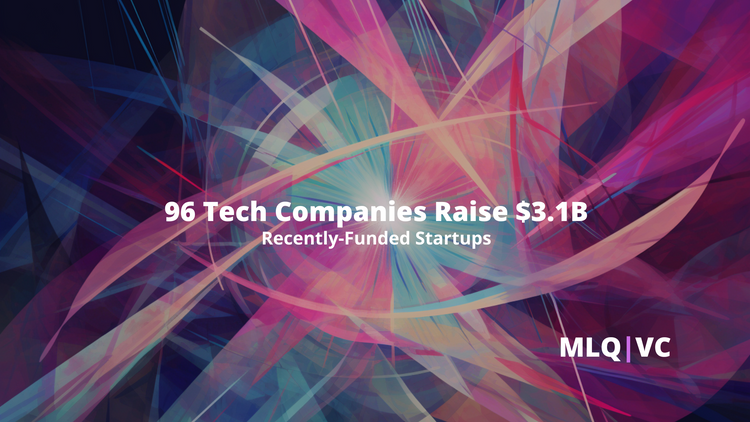Welcome to our This Week in VC roundup - this week we have stories about how large language models and deep learning can be applied to venture capital.
Subscribe now
🚀 Who Got Funded?
Here are a few of our favorite startups that successfully raised VC funding this week:
Finery Markets - Raised $5.5M Seed
- What they do: Finery Markets' non-custodial trading platform enables financial institutions to gain compliant access to deep aggregated digital assets and crypto liquidity, allowing traders to efficiently monetize and trade their crypto assets.
- Industries: Cryptocurrency, Blockchain, FinTech, Marketplace
- Location: Limassol, Cyprus
Frame AI - Raised $7.6M Series B
- What they do: Frame AI creates structured analytics that can aid businesses in decision-making and performance improvement across all message-based interactions, allowing staff to communicate with clients and one another more effectively and consistently.
- Industries: Artificial Intelligence, Analytics, Customer Service, Machine Learning, Natural Language Processing
- Location: New York, United States
Check out MLQ VC: Discover Recently-Funded Startups to get access to all 100+ venture funding deals this week as well as our database of VC-funded startups.

💎 Top Stories
Here are a few of the top stories in startups and venture capital this week:
Large Language Models (LLMs) in Venture Capital
Large language models (like GPT-3, BERT, and others) can generate text and images from sentences and understand text well to answer questions.
These models can also be used by venture capitalists (VCs) to help with various objectives, such as finding new companies that align with their investment philosophy.
- Moonfire, a venture capital firm, uses its own large language model for this purpose.
- The model uses text embeddings, which are mathematical representations of words in high-dimensional space.
- This allows the model to determine how closely a new company aligns with Moonfire's investment philosophy by plotting it against a mathematical model of that philosophy.
- The model can also find unexpected connections and help Moonfire find founders who share its outlook. It can also be used to help Moonfire's founders hire and partner with the best people.
- This allows the model to accurately evaluate new companies and identify those that align with Moonfire's investment philosophy.
- Overall, using a large language model can help VCs like Moonfire make better investment decisions and find new opportunities.
Read the full story

Using Deep Learning to Find Unicorns
Deep learning is becoming a popular choice for investors looking to predict the success of startups. In particular, venture capitalists often use data-driven approaches to forecast the success of startups.
- In the past, these approaches have relied on conventional statistical methods, but more recently have moved towards machine learning.
- The rapid growth of data volume and variety is now driving the use of deep learning, a subset of machine learning, as a potentially superior approach.
- However, there has not yet been a comprehensive synthesis of existing research on deep learning for startup success prediction.
- EQT Motherbrain has carried out a literature synthesis on deep learning methods for startup evaluation.
- By reading the paper, practitioners in the field can gain a more thorough understanding of the methodologies around evaluating startups with deep learning.
- The paper covers nine key tasks in the process of using deep learning for startup evaluation: problem scoping, success definition, data gathering, data processing, data split, model selection, model evaluation, model explanation, and model productization.
Read the full story
That's it for this edition of This Week in VC, if you were forwarded this newsletter and would like to receive it you can sign up here.








